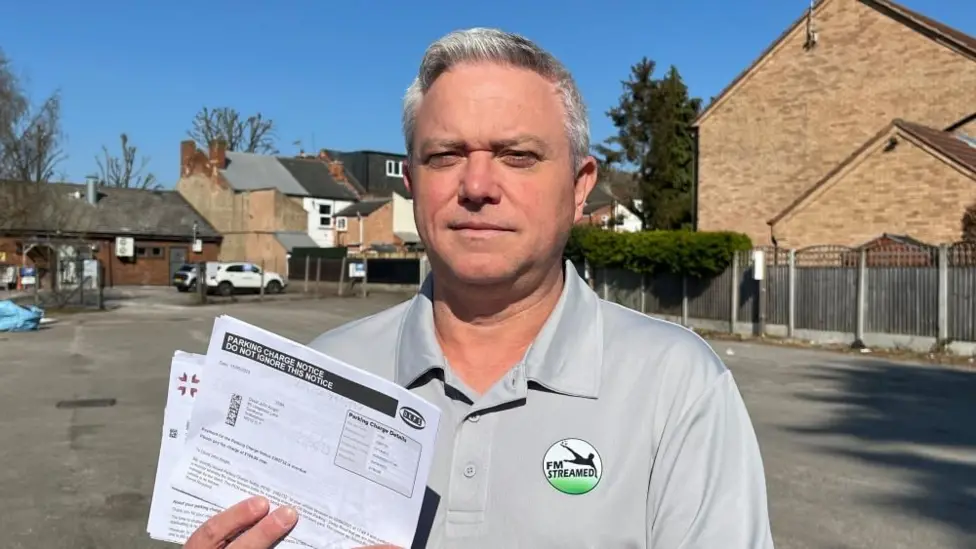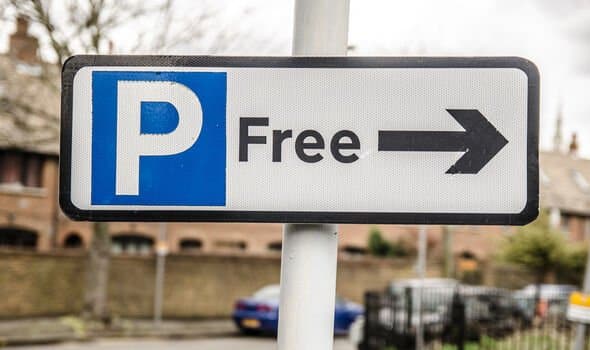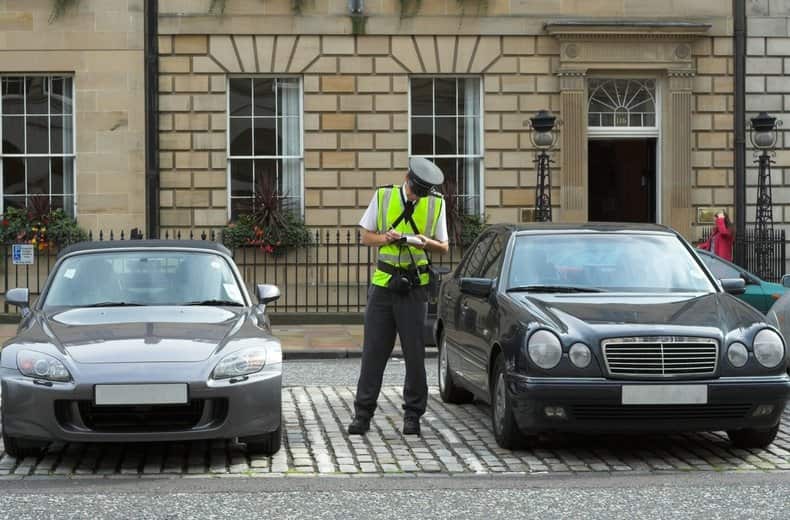Unjust Parking Fees Leave Drivers Anxious to Park

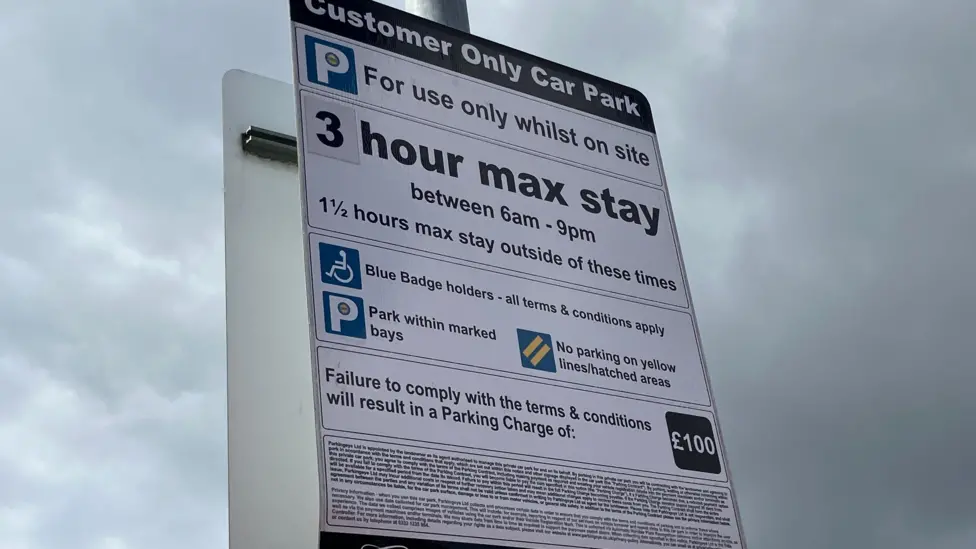
Parking fines can be a source of immense frustration for drivers, especially when they believe they have been unfairly charged. Recently, motorists using a car park in Pitsea, Essex, have raised serious concerns after receiving hefty fines for overstaying their permitted time, despite insisting that they left well before the three-hour limit. The situation has sparked fears about the reliability of automatic number plate recognition (ANPR) cameras and the fairness of private parking enforcement.
Drivers Dispute Parking Charges
Several visitors to the retail park in Pitsea have contested their parking fines, questioning the accuracy of the ANPR camera system used by ParkingEye, the company managing the site. Among them, Taryn James, 49, was issued a £100 fine for allegedly staying in the car park for five hours, despite claiming she was there for less than an hour.
James, who used her Google location history to dispute the charge, expressed her distress, saying:
"The experience has left me really scared to park in any car park. I've had one ticket in my whole life, and I paid it because I was in the wrong that time, but I'm not paying for something that I didn't do."
Another affected driver, Helen Murphy, stated that her husband received a letter accusing him of parking for eight hours, which they vehemently denied. Their initial reaction was fear, as they considered paying the fine to avoid further issues. However, after contacting ParkingEye and requesting a review of their ANPR records, the charge was cancelled.
Murphy highlighted the distress caused by such fines:
"The situation made me angry because there will be people who just pay it without question out of fear."
ParkingEye’s Response
A spokesperson from ParkingEye defended the company's enforcement measures, stating that the car park is equipped with clear signage outlining parking rules and time limits. They assured the public that their ANPR systems were fully operational on the dates in question. However, despite maintaining the validity of their equipment, ParkingEye cancelled both fines as a gesture of goodwill.
The company has previously been involved in a 2015 Supreme Court case, where a motorist from Chelmsford challenged an £85 parking charge as being "unfair and disproportionate." The court ruled that while private parking charges are legally enforceable, companies cannot impose excessive fines that are "out of all proportion" to their interests or those of the landowner.
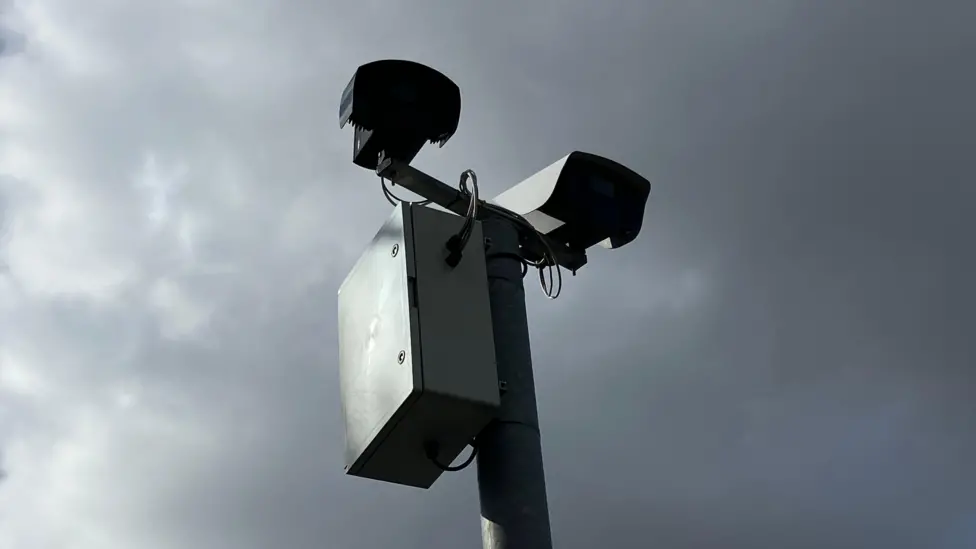
Are ANPR Cameras Always Accurate?
The controversy surrounding these fines has raised questions about the accuracy and reliability of ANPR cameras in car parks. ANPR technology is widely used for traffic enforcement, congestion zones, and private car parks, but it is not without its faults. Common issues with ANPR systems include:
- Misreading number plates due to glare, dirt, or obstructions.
- Failure to record both entry and exit times correctly, leading to inaccurate length-of-stay calculations.
- Technical glitches that may fail to register vehicles leaving the premises.
- Human error in data processing and issuing fines.
Given these potential issues, motorists are advised to always keep records of their parking times, use Google location history, and take photos of signs and ticket machines when possible to contest unfair charges.
How to Appeal a Parking Charge
Receiving a parking fine on private land differs from receiving a council-issued penalty charge notice (PCN). Private parking fines operate under contract law, meaning that by parking in a private car park, you are agreeing to the terms and conditions displayed on-site.
Steps to Appeal an Unfair Parking Fine:
- Contact the Parking Company Immediately
- Inform them that you dispute the charge.
- Ask them to provide detailed evidence of the alleged infraction.
- Request Proof
- The burden of proof lies with the parking company. They must provide clear evidence showing that you breached the parking terms.
- Gather Evidence
- Use Google location tracking to show your movements.
- Take photos of signage, parking tickets, and any unclear instructions.
- Get witness statements if you were with someone at the time.
- Escalate to an Appeals Service
- If the parking company refuses to cancel the fine, you can take your case to an independent appeals body. The parking company must provide details on how to do this in their response.
Who Regulates Private Parking?
Most private parking companies in the UK are registered with either:
- The British Parking Association (BPA) – Appeals are handled by Parking on Private Land Appeals (POPLA).
- The International Parking Community (IPC) – Appeals are managed by The Independent Appeals Service (IAS).
Appeals success rates vary, but if you have strong evidence, you stand a good chance of having your fine overturned.
What Can Be Done to Prevent Future Issues?
The cases in Pitsea highlight the need for better transparency and accountability in private parking enforcement. To avoid similar issues in the future, motorists should:
- Check for clear signage before parking.
- Use pay-and-display tickets or apps for proof of time spent.
- Regularly check their vehicle’s number plate visibility to avoid ANPR misreads.
- Raise concerns with local authorities if a car park has a history of unfair fines.
Parking fines are an unavoidable part of modern driving, but unfair charges caused by faulty ANPR technology or mismanagement should not go unchallenged. Motorists should remain vigilant, document their parking activity, and challenge any unjust penalties to prevent wrongful fines from becoming an accepted norm.
If you have experienced a similar issue, consider sharing your experience to raise awareness and demand better practices from private parking operators.
Posted on 18 March 2025

